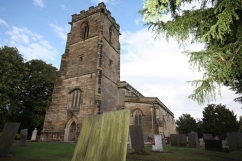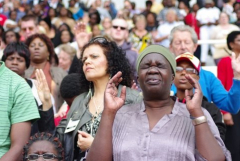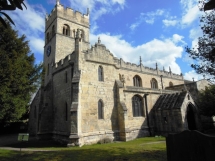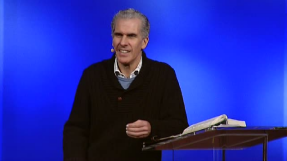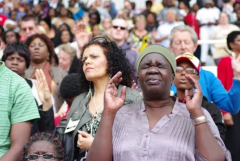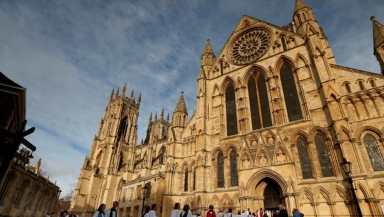
The turn of the next century will witness the extinction of the Church of England, according to new analysis of churchgoing trends.
Other Anglican provinces could die even sooner, namely the Church in Wales and the Scottish Episcopal Church in 2043 and The Episcopal Church of the US in 2055.
The Church of England will be extinct by 2100 in terms of attendance and 2082 in terms of membership, claims John Hayward, writing on the blog of the Church Growth Modelling project.
The Anglican Church, once a key institution in the English-speaking world, has been in decline for over half a century, he says, and although some churches are growing, particularly on the evangelical wing, the overall trend is downwards.
This compares to Africa and other parts of the world where the church is healthy. "In the West it is sick. The question is – is the Anglican sickness unto death?" he writes.
The Church of England remains larger than The Episcopal Church even though the USA is more than six times the size of England. The Episcopal Church also has the faster rate of decline.
The Church in Wales, Scottish Episcopal Church and the US Episcopal Church are all firmly under the extinction threshold, he predicts, while the Church of England is merely "on the margins of extinction". He admits to "wiggle" room in the statistics but not enough to delay the extinctions by much.
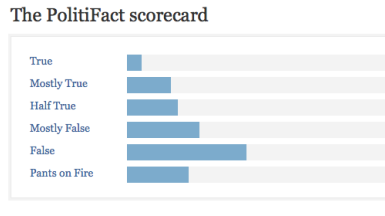
"If current trends continue, the Episcopal churches of the USA, Scotland and Wales are near the end of their lifespans, and will be seeing massive church closures from around 2025 onwards," he warns.
Hayward suggests the Church of England could be holding up better than the other three because it is established and therefore seen as the nation's church. He says it also has a stronger evangelical wing, making it generally more conservative.
In the US, by contrast, many conservatives have left The Episcopal Church.
The Church of England has also been influenced more by charismatic renewal than the other three.
Hayward argues that it is beliefs, not actions, that are the source of the problem. "When congregations ask for my advice on why they decline I first ask them what they believe, not what they do. Actions follow from beliefs. Perhaps the Church of England has, on average, stronger beliefs than the other three; beliefs that encourage growth."










